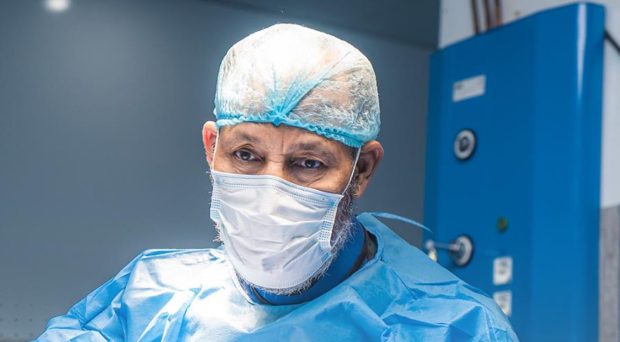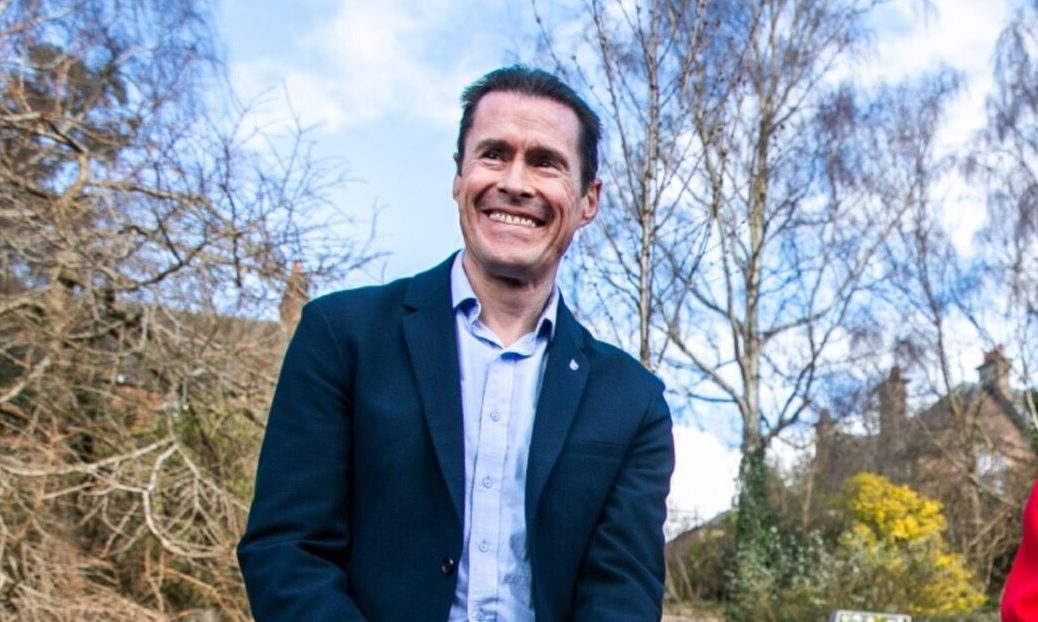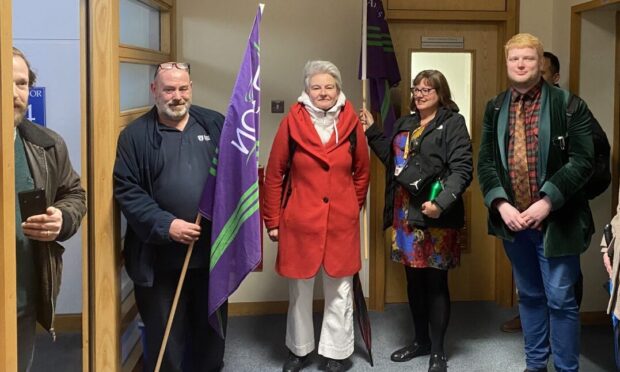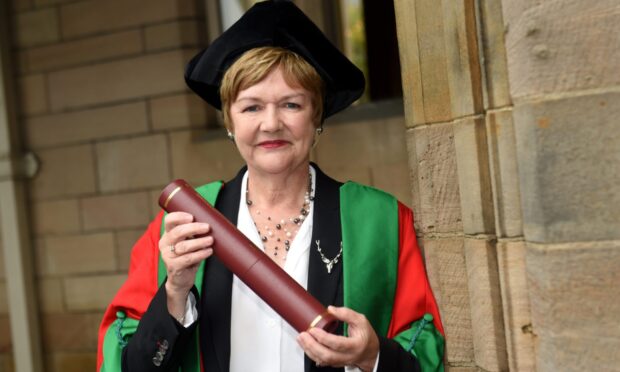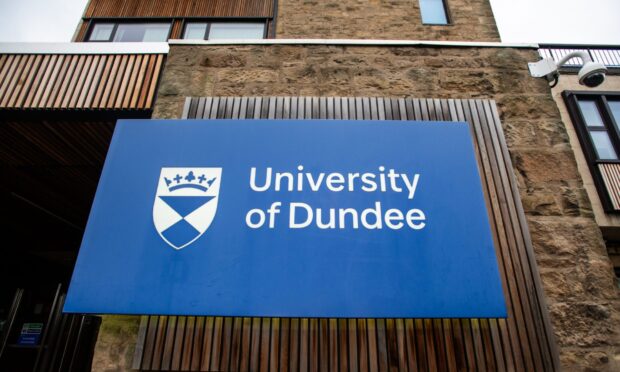Scotland’s NHS will be unable to cope – and waiting lists will continue to be at record levels – unless we dramatically reduce the inequalities in Scotland that are causing poorer health among those on low incomes – and a higher demand for accident and emergency services, hospital beds, and prescriptions.
This evidence of intensified pressure on the NHS emerges from the most up to date figures revealed later this week by Our Scottish Future’s new report on health inequalities.
It shows that men in the most deprived areas of Scotland not only live 14 years less but can expect to spend 33% of their lives in poor health.
Poorer women face similar problems. They live 11 years less than women from less deprived areas and spend 35% of their lives in poor health.
Poverty dictates life chances
That’s why one of the most important predictors to the life chance of a new-born child is where they were born.
For in stark contrast, both men and women in the least deprived areas spend less than half that time – 15% of their lives – in poor health.
Infant mortality is higher, drugs deaths and alcohol related deaths are higher, deaths from smoking are higher and, as this report warns, failure to deal with these inequalities costs Scotland £9 billion a year.
The case for action becomes stronger with every day the NHS crisis worsens.
Individuals living in the most deprived areas spend 22% longer in hospital per stay and require 72% more emergency bed days per head than individuals from the least deprived quintile and they have 66% more A&E attendances per head.
A total of 250,000 extra A&E attendances in the year, one in every six visits to A&E that could be avoided if we dealt with health inequalities.
Healthy eating matters. The poorest 10% of Scottish households need to spend over two-thirds of their disposable income on food. But, in reality, the deprived areas of Scotland were 2.5 times less likely to have consumed a single portion of fruit and vegetable in the previous day compared with individuals in the least deprived quintiles.
Exercise matters. Individuals living in the most deprived areas in Scotland were 1.7 times less likely to have met the daily activity guidelines compared with those living in the least deprived areas.
As thousands wait for their appointments and thousands more queue to get through to GP surgeries, the NHS urgently needs more investment and fair remuneration for its hard working nurses, ambulance workers, and staff.
And this needs to be matched with a strategy to end health inequalities which disfigure our country and cut short too many lives.
Kirkcaldy lecture
On Wednesday in Kirkcaldy at the first Adam Smith lecture of the year Sir Michael Marmot, one of the world’s great writers of the social determinants of health equity, will outline ways to reduce the health equity gap.
Several towns, cities, and regions across the UK have already declared themselves Marmot Cities and developed their own plans to complement action on health with action on education, housing, transport, and employment that address the widespread inequality in opportunity and outcome.
Last year, Our Scottish Future recommended creating a Marmot City Network to be headquartered in Scotland which would share expertise Fife and Tayside could become Marmot regions.
The case for action becomes stronger with every day the NHS crisis worsens.
How you can attend the lecture
You can sign up to hear Sir Michael Marmot speak in Kirkcaldy at St Bryce’s Church at 7pm Wednesday when I will interview him about his call for action.



